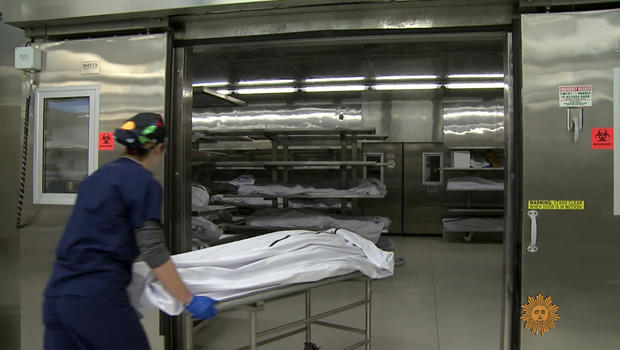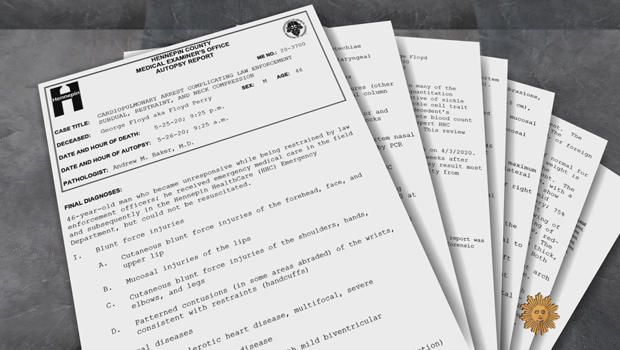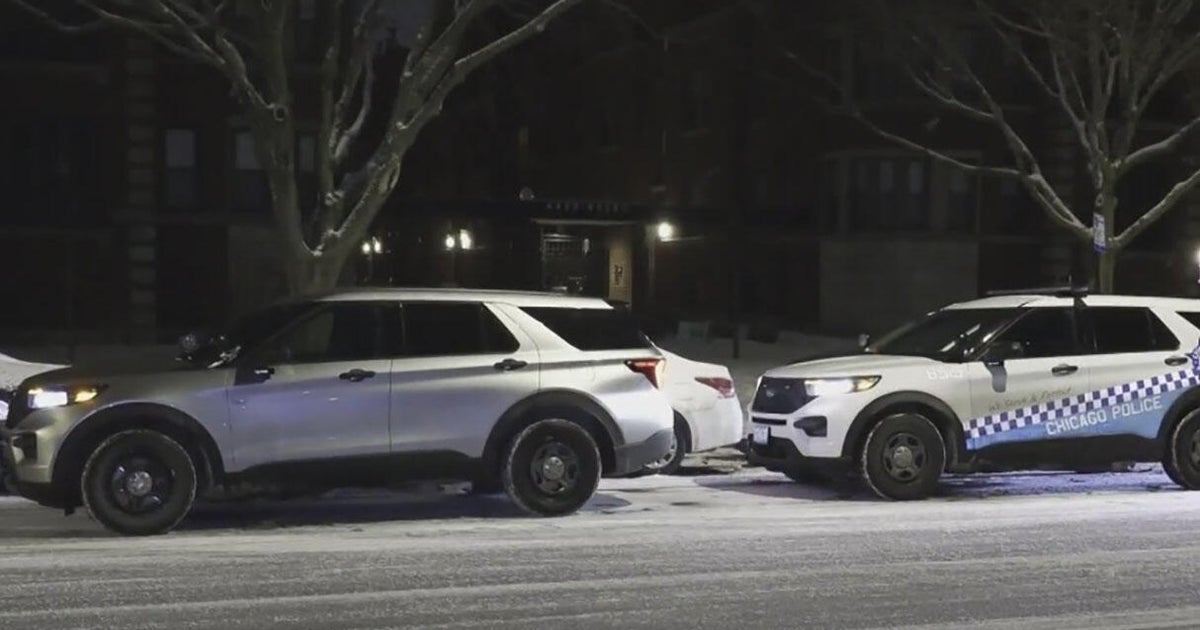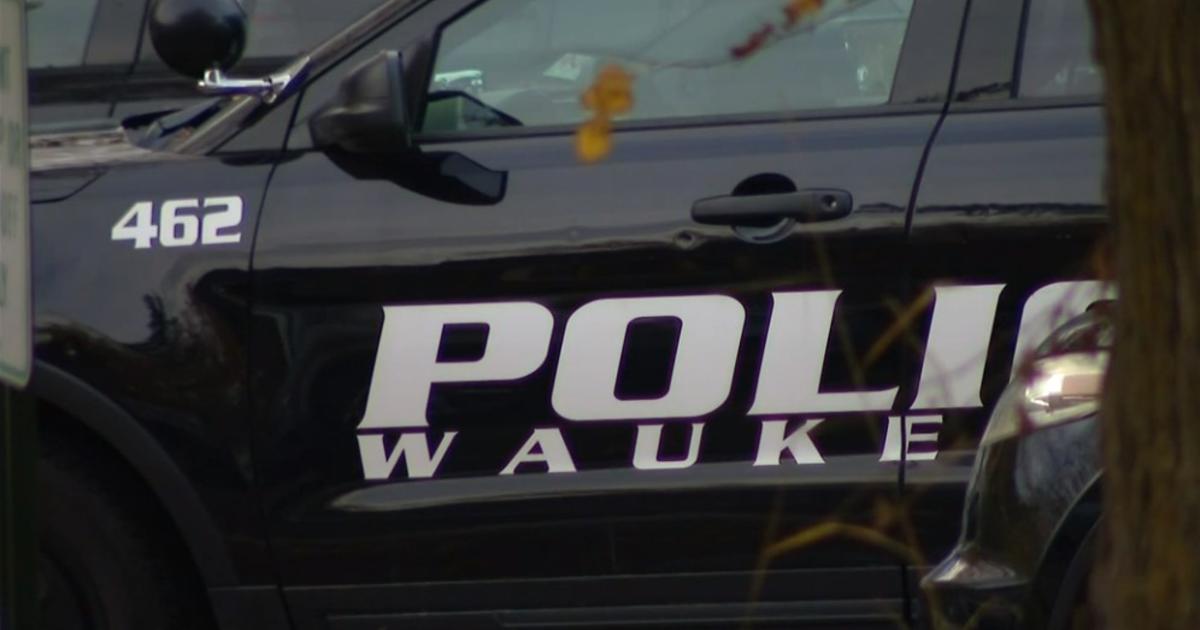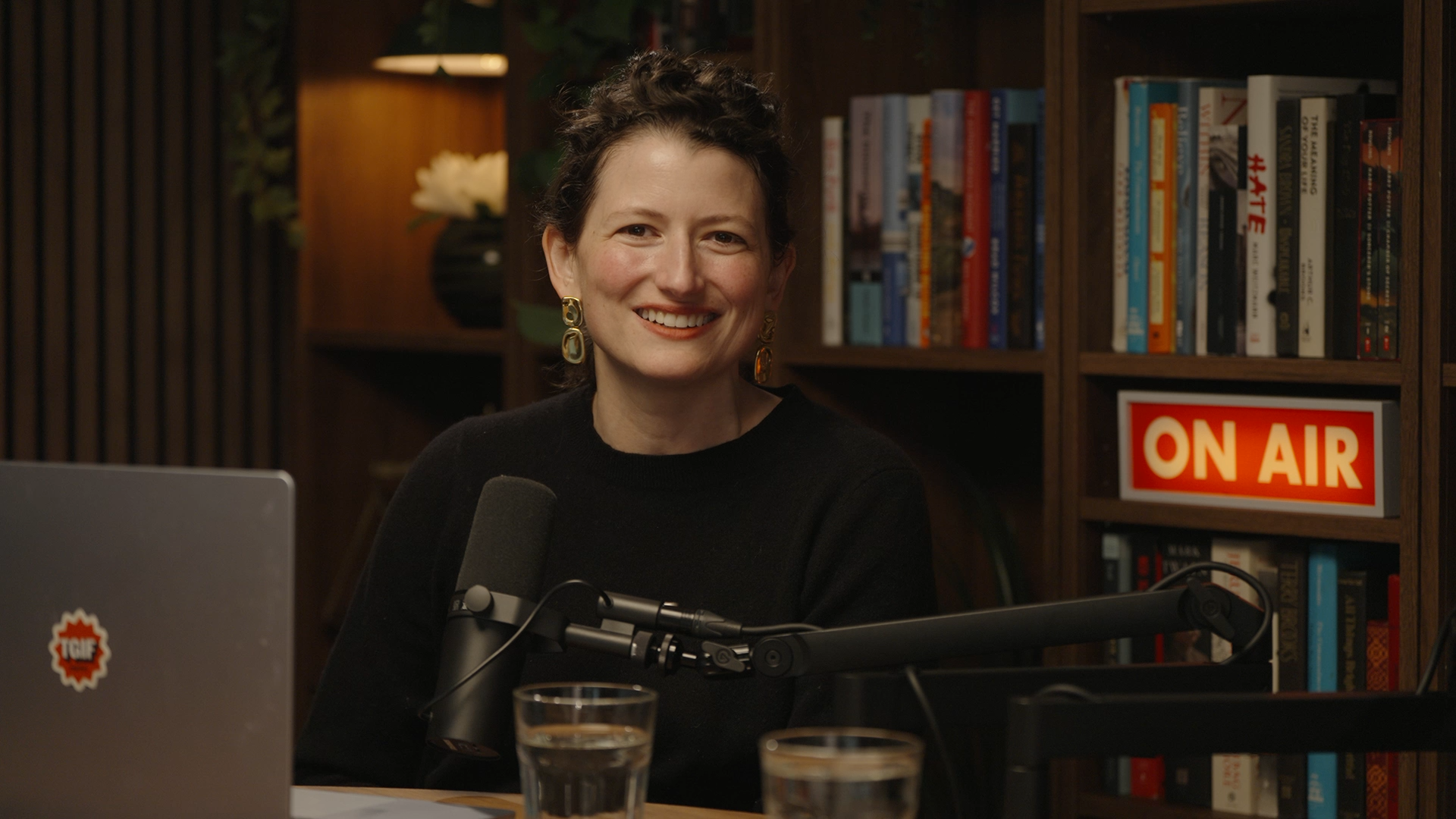Medical examiners under fire
By now we've all seen the disturbing video of a Minneapolis police officer's knee on George Floyd's neck. Which is why there was outrage earlier this month after the preliminary autopsy report seemed to blame Floyd's death mainly on underlying heart problems and "potential intoxicants."
"One should not suggest that we didn't see what we saw," said Floyd family attorney Benjamin Crump. "And what we saw should be consistent with what the science comports."
The controversy put the national spotlight on the Hennepin County medical examiner, whose office did the autopsy. When a person dies under questionable circumstances, it's the medical examiner's job to determine how and why. But Floyd's family feared that, with a police officer involved, politics might override truth.
It has happened before.
When Barbara Steward's 47-year-old former husband Daniel Humphreys died in July 2008, in central California, she feared she wasn't getting the full story. "I was told that he had run from the police on his motorcycle and crashed," she said.
The injuries from that crash were minor, so Humphrey's death following that police chase made no sense to Stewart or their two children.
"He had no life-threatening injuries," said Steward. "In fact, he didn't have any broken bones."
It appeared there was more to the case, and the forensic pathologist who did the autopsy, Dr. Bennet Omalu, seemed to agree. But Dr. Omalu was working for Steve Moore, who was not just the San Joaquin County coroner, but also the Sheriff. Omalu said that, without explanation, Moore refused to hand over crime scene reports that could have shown the crash alone didn't cause the death.
Steward said, "I understood why they weren't sharing it, because I think they knew somebody was gonna be in trouble."
It took nine years for the truth to finally be made public: A highway patrol officer had tased Daniel Humphreys 31 times. Steward believes that's what killed him, and what was called an accident should have been called a homicide.
After learning what really happened in Humphrey's case, and others, Dr. Omalu quit in 2017, and wrote an angry resignation letter, in which he claimed the sheriff, on occasion, requested that he modify his autopsy reports.
Steward said, "I felt like he was here for us. 'Cause if he wasn't the pathologist that was here, it would have been swept under the carpet. Because most of 'em aren't gonna be strong enough to stand up to the Steve Moores."
Sheriff-Coroner Moore said it was his job to determine manner of death, and denies he interfered in death investigations. But Dr. Omalu's resignation put a spotlight on a national problem. What happened to him may happen to pathologists everywhere.
Dr. Judy Melinek, a forensic pathologist based in San Francisco, said, "When we surveyed forensic pathologists, about 82 percent said that they had been told or pressured at some point, by either family members or by supervisors, to change their death certificates."
She said most pathologists feel pressured because so much can ride on just three words: manner of death – suicide, homicide, accident, or death from natural causes.
And when that death occurs at the hands of a police officer, the stakes are especially high.
"If you can pressure the pathologist to say, 'I don't know, I'm not sure,' then you may be able to protect that law enforcement officer from prosecution," Dr. Melinek said.
It can be risky to just talk about the pressures. The reason Dr. Omalu doesn't appear in this report? He said he has received death threats.
Correspondent Erin Moriarty asked, "Are you surprised that we've had a hard time getting forensic pathologists to go on camera and talk about the pressure they've been subjected to?"
"I'm not surprised at all," Dr. Melinek replied, "because remember, this is a very high-profile field, and it's hard to get jobs in this field if you've been in the media and get targeted as a 'complainer' or as someone who 'causes trouble.'"
And that may have been what happened to Dr. Thomas Rudd. In 2012, at age 65, the pathologist ran for election as coroner in Lake County, Illinois, determined to take politics out of death investigations.
"When I won the election, my wife looked at me and said, 'Do you think you can do the job?'" Dr. Rudd recalled. "And I said, 'Look, if I play it straight and honest, what possibly could go wrong?'"
Almost from the beginning, Dr. Rudd stepped on toes, as he did in the case of Lt. Joe Gliniewicz. In September 2015, the Lake County police lieutenant called in for backup saying he had seen three suspicious men outside a factory.
Shortly afterwards, Gliniewicz was found dead with a single shot to the chest.
"We had the FBI, we had ATF, we had the major crime task force, warnings to stay inside – 'We've got a killer on the loose,'" Dr. Rudd said.
But when Rudd's office did an autopsy, what they found was stunning: "Nobody could have got that close to point a gun that way. So, how does that happen? Only if he did it himself," Rudd said.
He told investigators that Gliniewicz likely committed suicide, and yet, the manhunt for the "murderers" continued, and several suspects were even being held in jail.
"People are still being told that Lt. Gliniewicz was shot by somebody and was a victim, and was a hero cop?" asked Moriarty.
"Yes."
When Rudd leaked the truth to reporters, he was accused of damaging the investigation. It took two months before officials came clean, and acknowledged Lt. Gliniewicz had taken his own life.
but instead of an apology, Dr. Rudd soon found himself facing felony charges.
When he filed for re-election in 2016, the opposing party hired Burt Odelson, a lawyer, to find a way to get Dr. Rudd off the ballot. Odelson said he found enough small mistakes on Dr. Rudd's election petitions to get him to withdraw from the race.
"That's usually the end of the story – not 'usually,' 99 percent of the time it's the end of the story," Odelson said.
But in Dr. Rudd's case, he was charged with five felony counts of perjury. "When I heard that Dr. Rudd was indicted, I just couldn't believe it," Odelson said. "We have far more egregious cases where no charges are ever brought."
Burt Odelson was so outraged he switched sides, and joined Dr. Rudd's defense team pro bono.
Moriarty asked, "And do you believe that these felony charges were brought in retaliation for the stances he took on these cases?"
"I truly do," Odelson replied.
Dr. Rudd said that to avoid jail, he pleaded guilty to reduced charges in 2018, but he wants to clear his name, and has since asked the Illinois Governor for a pardon.
Back in Minneapolis, the attorneys for George Floyd hired their own forensic pathologists to conduct an independent autopsy.
But it may not have been necessary. The medical examiner has issued a final report that now states Floyd's heart attack was caused by "law enforcement … restraint, and neck compression." He ruled the death a homicide.
His office turned down "Sunday Morning"'s request for further explanation.
Citizens need truth in these cases, said Dr. Melinke, but without independence, pathologists may not be able to give it: "If your loved one dies in the hands of law enforcement, you want to know that the autopsy was done with integrity. You want to know that you can rely on those findings. That's why it's important. They're rare cases, but they are devastating cases, and they have repercussions for our trust in our institutions."
For more info:
- Dr. Bennet Omalu (bennetomalu.com)
- Dr. Judy Melinek (pathologyexpert.com)
- National Association of Medical Examiners
Story produced by Sari Aviv. Editor: Carol Ross.
